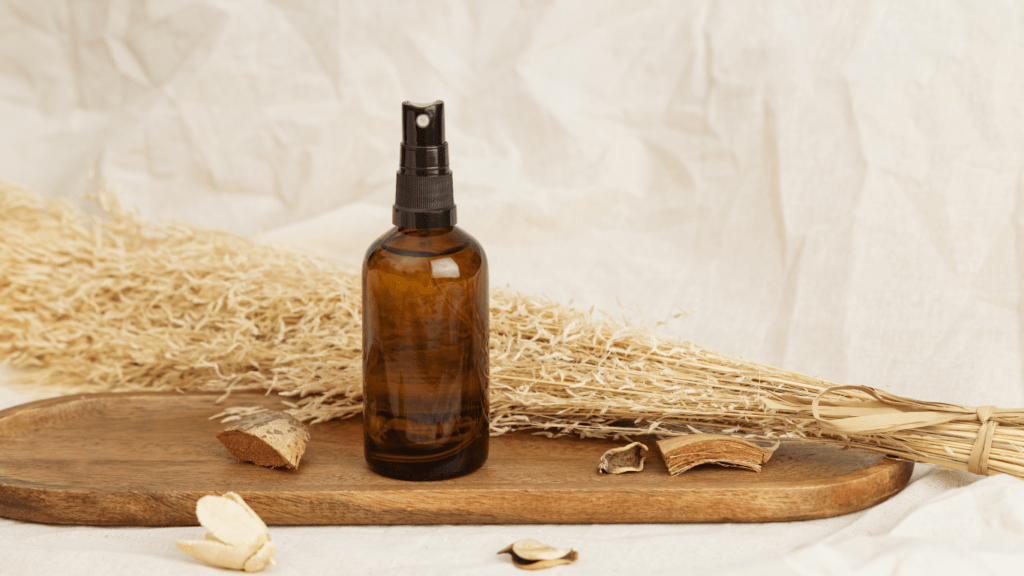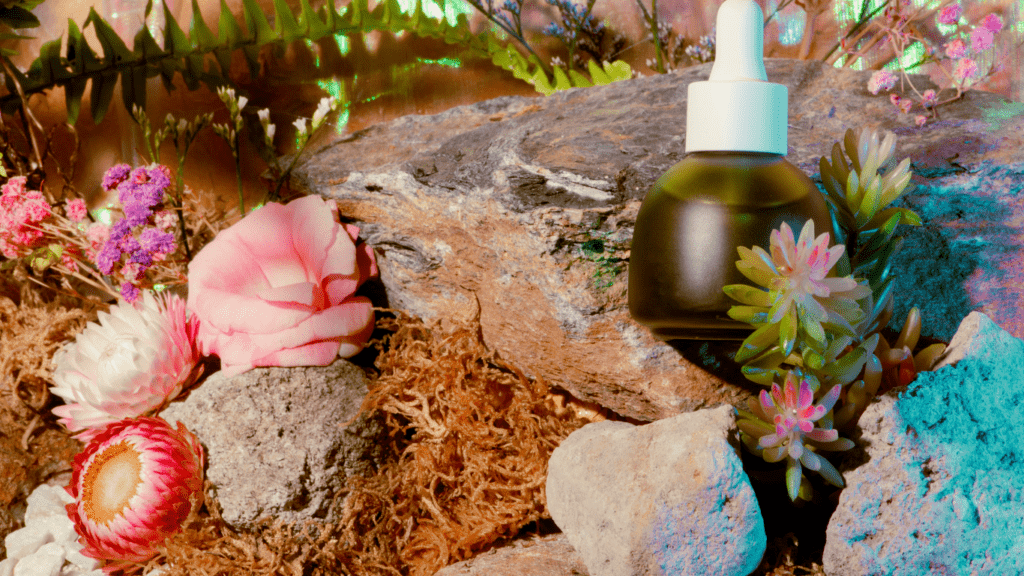Understanding Natural Skincare
Natural skincare products, made from ingredients sourced from nature, are gaining popularity for their purity and effectiveness. They offer an eco-friendly alternative to traditional skincare.
What Is Natural Skincare?
Natural skincare products use natural ingredients, avoiding synthetic chemicals. These products contain plant-based extracts, essential oils, and minerals. They aim to nourish the skin without harmful additives. Consumers value these products for their safety and sustainability.
- Aloe Vera: Known for its soothing properties, aloe vera helps hydrate and calm irritated skin.
- Tea Tree Oil: This essential oil provides antibacterial benefits, making it ideal for treating acne.
- Chamomile Extract: Chamomile reduces inflammation and promotes healing, suitable for sensitive skin.
- Shea Butter: Rich in vitamins A and E, shea butter moisturizes and nourishes the skin deeply.
- Green Tea Extract: Loaded with antioxidants, green tea extract protects the skin from environmental damage.
- Jojoba Oil: Similar to skin’s natural oils, jojoba oil helps balance oil production and moisturizes effectively.
These ingredients exemplify the core of natural skincare, offering safe, effective, and eco-rich solutions.
Rising Awareness of Chemical-Free Products
Consumers recognize the benefits of natural skincare. The shift towards chemical-free products stems from health concerns and environmental considerations.
Health Concerns and Skin Sensitivities
Individuals identify synthetic chemicals as triggers for skin irritations and allergies. With over 60% of the population experiencing sensitive skin, natural ingredients like chamomile extract and aloe vera offer soothing properties. Conventional skincare often contains parabens and sulfates, which can exacerbate conditions such as eczema or rosacea. By choosing chemical-free products, people avoid potential endocrine disruptors and carcinogens, promoting overall health.
Environmental Impact
Chemical-laden skincare products contribute to pollution and resource depletion. Ingredients like microbeads and non-biodegradable compounds end up in water sources, harming marine life. In contrast, natural skincare emphasizes sustainability. Products use biodegradable ingredients, and many brands adopt eco-friendly practices, such as recyclable packaging. This approach reduces the carbon footprint and aligns with the growing eco-conscious values of society.
Benefits of Natural Skincare

Natural skincare products offer numerous advantages that contribute to their growing popularity. Below are some key benefits.
Improved Skin Health
Natural skincare promotes improved skin health. Products with natural ingredients, like chamomile extract and aloe vera, offer anti-inflammatory benefits. These ingredients can soothe irritations and reduce redness. They don’t contain synthetic chemicals, which can trigger allergies. Many natural products include antioxidants, protecting the skin from free radical damage. For instance, vitamin C and E are commonly used to promote a healthy complexion.
Sustainability and Ethical Practices
Sustainability and ethical practices are integral to natural skincare. Brands often use biodegradable ingredients in their formulations, reducing environmental harm. Eco-friendly packaging, like glass jars and recycled paper, helps lower waste. Many companies ensure cruelty-free practices, avoiding animal testing. Ingredients are frequently sourced through fair trade, benefiting communities. This focus on ethics and sustainability aligns with society’s shift toward a more conscientious lifestyle.
Market Trends and Consumer Preferences
Natural skincare products are increasingly appealing due to their health benefits and eco-friendly nature.
Shift Towards Organic and Natural Products
More consumers now prefer organic and natural products. A 2020 survey by Statista noted that 35% of respondents prioritized natural ingredients in their skincare routines. Products containing ingredients like honey and green tea extract have seen higher demand. This shift reflects the growing desire for transparency in product sourcing and manufacturing. Companies offer clearer labeling to meet this demand, further influencing purchasing decisions.
Influence of Social Media and Influencers
Social media platforms and influencers play a significant role in promoting natural skincare. With over 1 billion users, TikTok alone has countless videos highlighting organic beauty routines. Influencers showcase product effectiveness in real-time, building trust with their followers. High engagement rates on these platforms boost product visibility and credibility. Authentic reviews and user-generated content reinforce the shift towards natural skincare, making these products highly recommended and widely discussed.
This section builds on the previous context, emphasizing why natural skincare products are gaining traction in the market influenced by consumer and social trends.
Challenges and Misconceptions
Despite the increasing popularity of natural skincare, several challenges and misconceptions persist.
Identifying Truly Natural Products
Many consumers struggle to identify truly natural products due to misleading labels and marketing tactics. Terms like “natural” and “organic” are often used loosely without standard definitions. The issue escalates when brands focus more on marketing than ingredients. Reading labels and understanding ingredient lists can help, but not everyone has the expertise. Certifications from bodies like USDA Organic or Ecocert offer some assurance, though they aren’t always foolproof.
Potential Drawbacks and Allergies
Natural doesn’t always mean safe for everyone. Some individuals experience allergic reactions to natural ingredients like essential oils and plant extracts. For example, tea tree oil and lavender can cause irritation for sensitive skin types. Another challenge is shelf life. Natural products, often free from synthetic preservatives, can spoil faster than their chemical-laden counterparts. Proper storage and understanding product expiry dates are essential to avoid irritation and ineffective application.
Tips for Transitioning to Natural Skincare
Transitioning to natural skincare doesn’t have to be overwhelming. Here are essential tips to help make the switch smooth and effective.
Reading Labels And Ingredients
Understanding product labels is crucial for navigating natural skincare. I recommend checking labels for harmful chemicals like parabens, sulfates, and synthetic fragrances. Look for certifications from recognized bodies such as USDA Organic and EcoCert. Recognizable natural ingredients, like shea butter and jojoba oil, indicate a product’s purity. Pay attention to the order of ingredients, as they are listed by concentration.
Starting With Basic Natural Products
Begin with essential natural products to ease the transition.
- Start with a gentle cleanser, moisturizer, and sunscreen made from natural ingredients.
- A cleanser with ingredients like coconut oil can effectively remove impurities.
- Moisturizers containing aloe vera or shea butter provide hydration without harsh chemicals.
- Opt for mineral-based sunscreens with zinc oxide or titanium dioxide for safe sun protection.
- Gradually integrate more natural products into your routine as you become familiar with their benefits.




